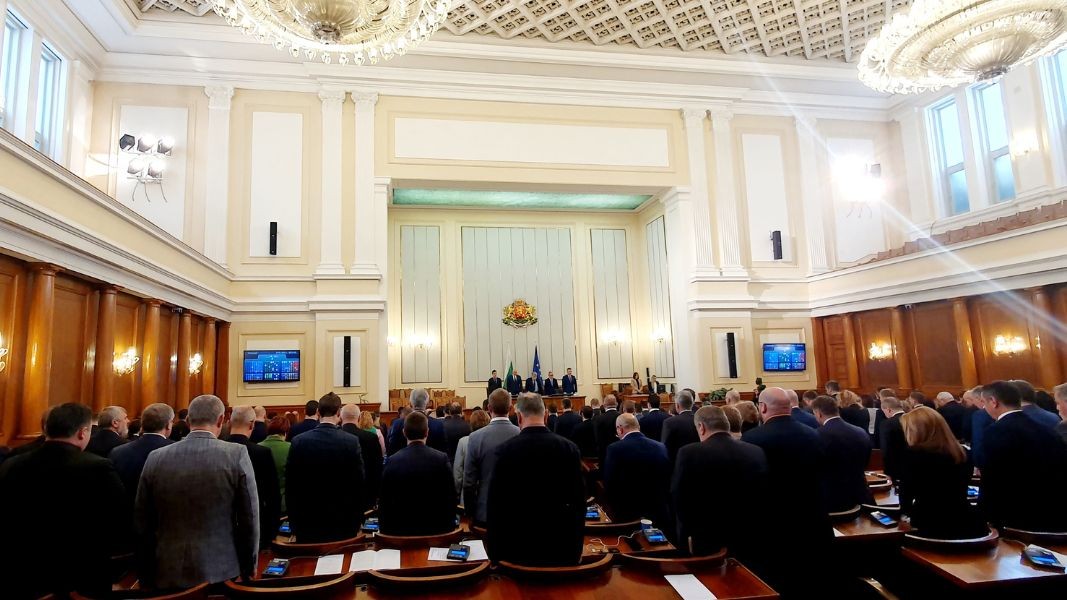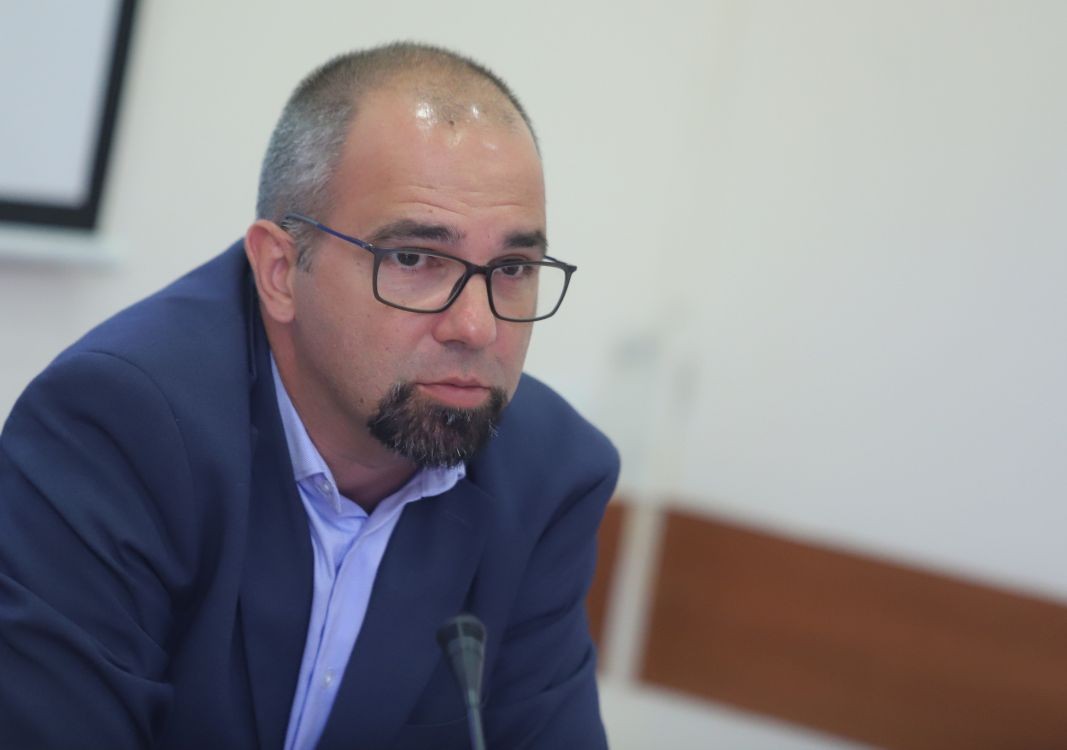The fifth caretaker cabinet of President Rumen Radev has started work. It was appointed by the country’s head of state after the 48th National Assembly failed to elect a regular government.
One the verge of new early general elections, Exacta Research Group published a survey on the approval ratings of the leaders of parliamentary groups. According to the poll, people’s trust in most leaders of parliamentary groups continues to erode with the disapproval rating fluctuating between 46% and 72%. The survey was conducted among 1,050 adults in 70 Bulgarian towns.

“I feel a sense of relief that the National Assembly has been dissolved, because the MPs have not done anything. They only argued with each other and made people feel depressed. I am disappointed with the fact that we must go to the polling stations once again. Indeed, they raised pensions, but what happened with the wages of all workers?”, a female respondent said for the BNR.
Here is what people think about the constant attempts of the lawmakers to amend the Election Code and the inability of the parties to form a regular cabinet:
“They do it, because none of them are happy with their results. Then we start to witness wrangling between the political parties which prevents them from coming together around common national priorities”, said another respondent.
Although the 48th National Assembly adopted some emblematic decisions in the field of external policy, including the military assistance for Ukraine and the purchase of 8 more F-16 fighter aircraft, it will go down in history mostly with the decision to reintroduce the use of paper ballots and the amendments to the Electoral Code, political scientist Ivo Indzhov contends:
“The latter will probably lead to a slight increase in the number of votes for GERB and the Movement for Rights and Freedoms. Perhaps, the election result of the Bulgarian Socialist Party will be slightly higher as well. The number of invalid votes will also increase. However, no political force will be able to dominate the next National Assembly”, political scientist Ivo Indzhov noted.
Here is what Ivo Indzhov said about the pre-electoral negotiations between the leftist and the rightist political forces:
“The attempts of the left-wing parties to unite will not succeed, because the political life of these small parties and movements has been frozen for a long time and they do not offer clear political alternatives. At this stage the Bulgarian Socialist Party remains the main force in this political spectrum. A potential coalition between “We Continue the Change” and “Democratic Bulgaria” could help them rank first at the forthcoming snap election, if they avoid controversy regarding the electoral lists.”
The war in Ukraine, as well as the relations between Bulgaria and North Macedonia, could also influence the election results. The petitions for national referendum on the introduction of the Euro and a referendum on whether Bulgaria should become a Presidential republic, may also have a positive effect on the election results of the parties organizing these referendums.

“The radical and populist parties can hope for better election results– political scientist Parvan Simeonov noted. – If there is a radical threat, the mainstream parties may act more wisely. If the war escalates, Bulgaria may opt for a wiser governance. Any potential threats may have a sobering effect.”
It is quite possible that the country doesn’t find its way out of the political maze after the April 2 election, which cost EUR 44 million to the country’s taxpayers. It remains to be seen whether everything depends on voter turnout and the will of Bulgarians to overcome their anger and mistrust towards politicians by exercising their right to vote.
English version: Kostadin AtanasovConvulsions Before Multipolarity — a Time When Illusions Are Sacred and Truth Is Heresy is the title of a new book that will be officially presented in early November in Sofia. It explores the agony of a unipolar world, an era of geopolitical..
Movement for Rights and Freedoms - New Beginning Leader Delyan Peevski spoke with Prime Minister Rosen Zhelyazkov on Monday, the party's press centre reported. "I reaffirmed my position of full support for the government as long as it works for the..
EU roaming fees to be eliminated for Albania and Montenegro Roaming charges between Albania and the EU will be completely eliminated in 2026, European Commission President Ursula von der Leyen said during her visit to..

+359 2 9336 661
